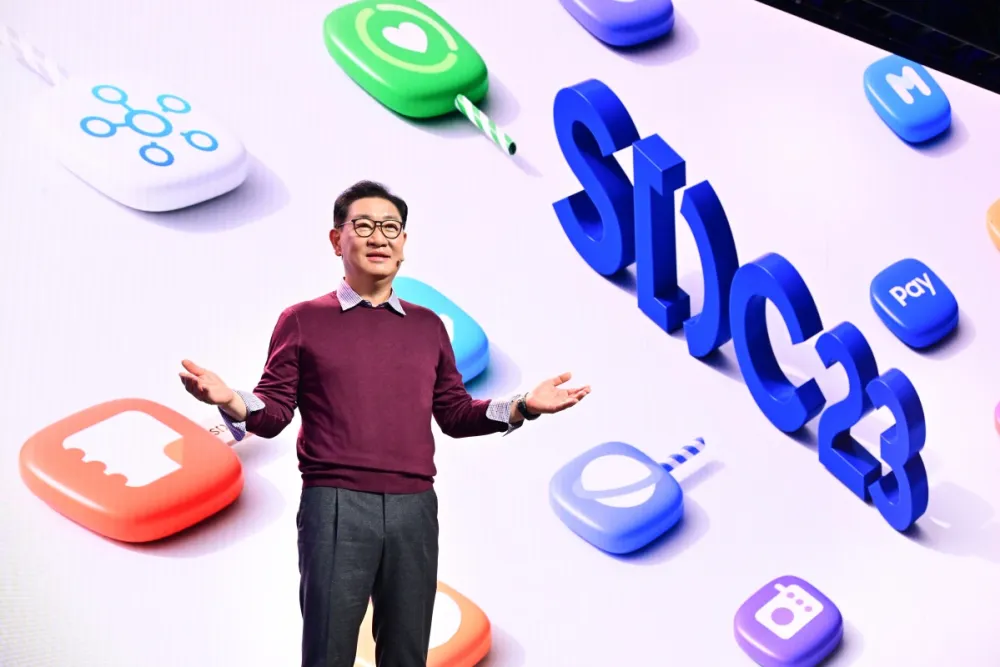Samsung announced updates to its Tizen operating system and introduced the new One UI 6 interface
Beyond emphasizing innovation driven by sustainability and security, Samsung, at the Annual Developers Conference SDC 2023, announced updates to its Tizen operating system. Additionally, they introduced the new One UI 6 interface for mobile devices and expanded the scope of Samsung’s health data applications.

Currently, the Tizen operating system is predominantly employed in Samsung’s smart TV product lineup, as well as in select smart appliances with touchscreens.
In this update, a notable enhancement has been made to the device’s artificial intelligence computational capabilities. Further, with the Home AI Edge Hub, there is an enriched AI application experience on the device side. For instance, appliances with lower computational power can now synchronize with smartphones that possess higher processing capabilities, thus amplifying the overall AI operational efficiency.
Moreover, the new Tizen OS will integrate the Samsung Gaming Hub, which boasts more than 3,000 games. Leveraging HDR10+ GAMING and the graphically advanced IRIS tool resources, this aims to allure a greater number of game developers to bring their content to Tizen-powered smart TVs.
In this update, Samsung has also incorporated support for the open-source processor architecture RISC-V and the RUST programming language. Additionally, plans are underway to introduce features such as remote testing labs, allowing developers to test applications and operational experiences for Samsung TVs via cloud connectivity.
Regarding the One UI 6 interface designed for mobile devices, it promises a more fluid user experience. Enhancements include increased personalization capabilities, such as the system analyzing currently open photos and suggesting suitable AI editing tools. The Samsung Studio feature allows multi-layered video editing, including text additions, stickers, and background music. Furthermore, a proprietary font named One UI Sans has been introduced to augment content readability on mobile screens.
For the digital health application experience, Samsung has unveiled the Samsung Privileged Health development tool. This permits developers and partners to create richer digital health solutions using the BioActive sensor components for the Galaxy Watch.

Samsung also declared collaborations with the Brigham and Women’s Hospital, MIT Media Lab, Tulane University, and the Samsung Medical Center for advanced clinical research. This partnership aims to propel solutions utilizing digital health data.
Addressing the recently launched Samsung Food service platform that offers personalized culinary experiences, Samsung elucidated its plans to integrate the Samsung Health and Samsung Food service platforms using AI technology. This amalgamation seeks to provide users with dietary management suggestions tailored more closely to individual needs.






